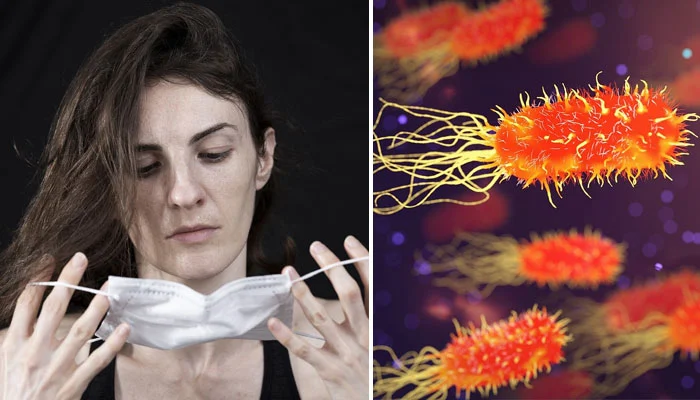following contracting a viral infection, particularly COVID-19, your digestive health is most affected, hence it is critical that you give your gut health top priority following the infection.
In addition to being essential for your general health, gut health is also critical for a robust immune system.
We’ll look at eight practical strategies in this article to help your digestive system recover after an infection.
- Bring Probiotics Back
The presence of both beneficial and toxic bacteria in your stomach might cause disruptions to your digestive system following an infection.
Probiotics are good bacteria that help maintain a balanced gut microbiota after an infection.
Reintroducing probiotics via fermented foods or supplements can aid in reestablishing the microbial balance.
- Maintain Hydration
Staying hydrated is one of the most crucial things a person can do following an infection. Your body loses water when you have an infection; symptoms include fever, perspiration, and decreased fluid intake.
Sustaining optimum gut function requires adequate hydration. Hydrating your body with lots of water throughout the day promotes healthy digestion and nutrition absorption.
- Modest Reintroduction of Diet
Doctors and medical professionals typically advise drinking fluids during an infection since the body finds it difficult to process solid food.
However, you have to gradually resume eating solid foods while you’re healing from an infection.
Start consuming a variety of foods, but do so slowly. It will support regular bowel movements and gut health in general.
- Consume Foods High in Fiber
A diet high in fiber is crucial for preserving gut health because it promotes the growth of good gut bacteria and aids in bowel regularity. Whole grains, legumes, fruits, and vegetables are all part of it. - Control Your Stress
Stress has a significant effect on digestive processes, and since the body is already compromised after an infection, it’s critical to keep an eye on your trigger points.
Your top objective after infection should be to concentrate on stress-reduction methods like deep breathing exercises, meditation, and regular exercise.
- Steer clear of trigger foods
- Recognize and avoid foods that could cause discomfort in the digestive system. They consist of a highly processed, greasy, and spicy item.
- Develop the habit of not consuming anything that will interfere with your digestion while you are healing from an infection.
- Cut back on processed food intake
Processed and refined foods can lead to inflammation and interfere with your digestive system, so watch what you eat and cut out on them. - Consult with medical professionals
Last but not least, get advice from a physician or other medical professional. They will assess your gastrointestinal issues and recommend any necessary drugs or therapies.







